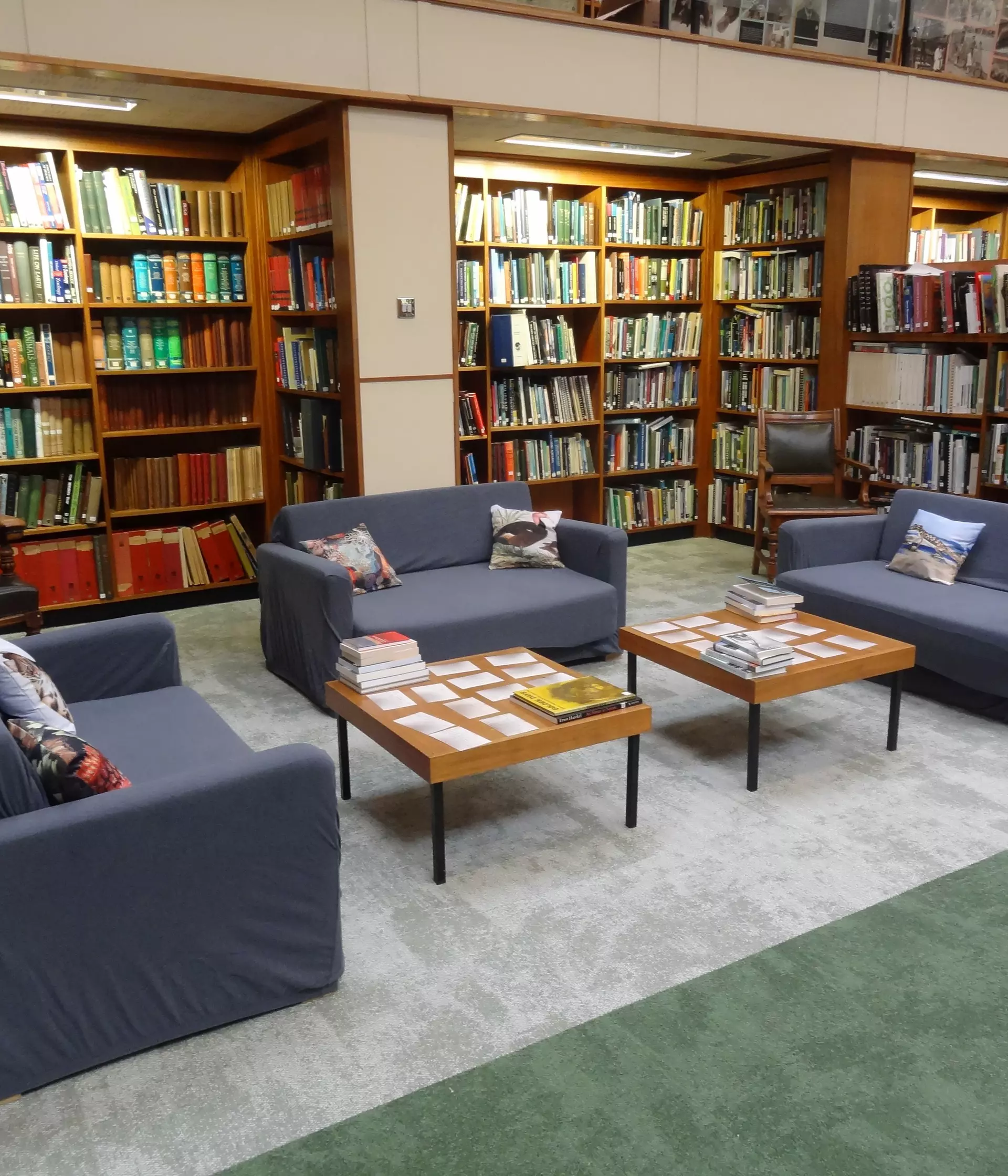By appointment 10.30 a.m. to 5 p.m. on Tuesdays to Thursdays.
Additional costs may apply, advance booking is recommended!
The Charles Hayward Foundation generously funded redevelopment of the Reading Room to transform it into a welcoming, engaging and more flexible space. We hope you are able to visit us soon to see our transformation.
ZSL Prince Philip Zoological Library and Archives
ZSL's Prince Philip Zoological Library and Archives contains a unique collection of resources on zoology and animal conservation.
We welcome visitors by appointment only. ZSL Library and Archives are open Tuesday to Thursday. Opening hours are from 10.30am-5pm.
Founded in 1826, ZSL's Prince Philip Zoological Library and Archives is one of the major zoological libraries in the world and is open to all. For access details please see 'Who can use the Library?'
ZSL Library and Archives contains a wide range of books and journals on all types of animals and their conservation. It has:
- More than 200,000 volumes
- 5,000 journal titles
- Free wireless internet access
- Document supply and copying services
- Archives of ZSL
- Books dating from 16th century to the present, ranging from popular to technical
- Holdings located on-site
- Modern books on open access in our Reading Room
- Special collection relating to information on zoos
- The ZSL drawings and prints collection
- Image collection
- Collection on the impacts of climate change
- Friendly service from specialist library staff
- Find out about our Subject Scope
Please email library@zsl.org 24 hours in advance to make an appointment to visit so we can reserve a desk for you. If you plan to consult any of our 'special collections' i.e. Archives, historic books or art works, then please email a week before. We can then arrange to retrieve material ready for your visit.
Online Library and Archive Catalogues
Both our online library and our archive catalogues are available 24/7.
The ZSL Library Catalogue contains links to relevant online resources as well as listing our holdings - journals, books and art works.
Use our new ZSL Archives catalogue and website to search our institutional archives and to find out more about ZSL's history.
Services to ZSL Fellows and ZSL Student Fellows
Fellows and Student Fellows are welcome to borrow books from the Library. Take a look at the online catalogue in advance to browse our collections.
Renewals
If you have borrowed books from us already, we will automatically renew the loan period.
Returns
If you wish to return any borrowed items and do not wish to make an appointment to visit ZSL Library & Archives, please put them in an envelope or bag and hand in at the East Service Gate which is located opposite the ZSL Main Offices, Outer Circle, Regent’s Park, NW1 4RY. Please mark the envelope/bag for the attention of ZSL Library.
Returned items can be left at the East Service Gate 10am to 3.30pm Monday to Friday only.
Postal Loans
If you are unable to visit, books can be posted to you via ‘Special Delivery’, costs vary depending on the size of book, from £8 to £25. Please check our online catalogue for the book you wish to borrow then email library@zsl.org with the details.
Scan and Send
Scans for non-commercial use can be made from printed items held in ZSL Library, including book chapters and journal articles, in compliance with copyright regulations.
See details on our document supply and copying services
